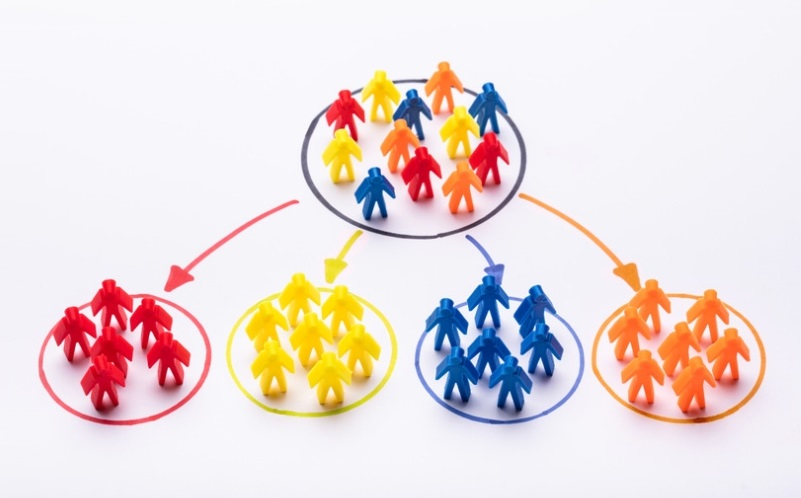Studies have shown that a significant percentage of consumers are willing to join loyalty programs
According to a study conducted by Nielsen, 72% of global respondents said they were more likely to shop at stores that offer loyalty programs. Additionally, a survey by Accenture found that 77% of consumers participate in at least one loyalty program, and 46% belong to more than four programs.
The same Accenture survey found top three reasons consumers participate in loyalty programs
Discounts and rewards
Consumers are attracted to loyalty programs that offer discounts, coupons and other rewards.
Exclusive offers
Consumers appreciate receiving exclusive offers, such as early access to sales or new products.
Convenience
Consumers value loyalty programs that are easy to use and offer simple enrollment processes.
Drive growth through Loyalty Programs
Loyalty programs can be a valuable tool for businesses to attract and retain customers. The evidence for is that a significant percentage of consumers are willing to participate.
There are programs that offer incentives and rewards to frequent guests of hotels, resorts and restaurants, bars and other dining venues.
Designed to build long-term relationships with customers, the loyalty programs involve offering points or credits for each stay or purchase made by the guest. Customers can redeem points for various rewards, such as free overnights, upgrades, exclusive access to special events, discounts or promotions.
By incentivizing guests to return, loyalty programs can increase occupancy rates, generate more reservations and encourage word-of-mouth referrals.
Actually, they are a win-win for both – guests receive rewards and incentives for their loyalty, while hospitality companies benefit from increased revenue and improved satisfaction.
They help hospitality industry to collect personal data in order to contact their guests by sending exclusive offers or special gifts so they can prefer and visit a particular hotel over another.
💡 Practical tips and tricks to collect important marketing data for customer
Registration forms
Customers who sign up for a loyalty program typically provide personal information such as their name, address, email, phone number and date of birth.
Transaction history
Loyalty programs track customer transaction history, including purchase amount, date, and location.
Survey responses
Some programs may request customers to complete surveys or provide feedback on their experiences, which can give additional information such as occupation, interests and demographic data.
Social media activity
Programs may collect data from customers’ social media activity, including likes, shares, and comments, which can provide insights into their interests and preferences.
It is important for businesses to be transparent with their customers about the types of personal data being collected and how it will be used. They should also obtain Customer consent should be also obtained before collecting any sensitive personal information and comply with relevant data privacy laws and regulations. Businesses have to ensure that the data they collect is secure and protected from unauthorized access.
Let’s talk: Improve guest satisfaction and hotel reputation through Live Surveys and Loyalty Programs!



